On August 25, the 26th China Robotics and Artificial Intelligence Competition National Finals successfully concluded in Yixing. The “SoftTech for Future” student innovation team from the School of Software Engineering (SSE) achieved outstanding results, securing two national first prizes and one national second prize across multiple competition tracks.
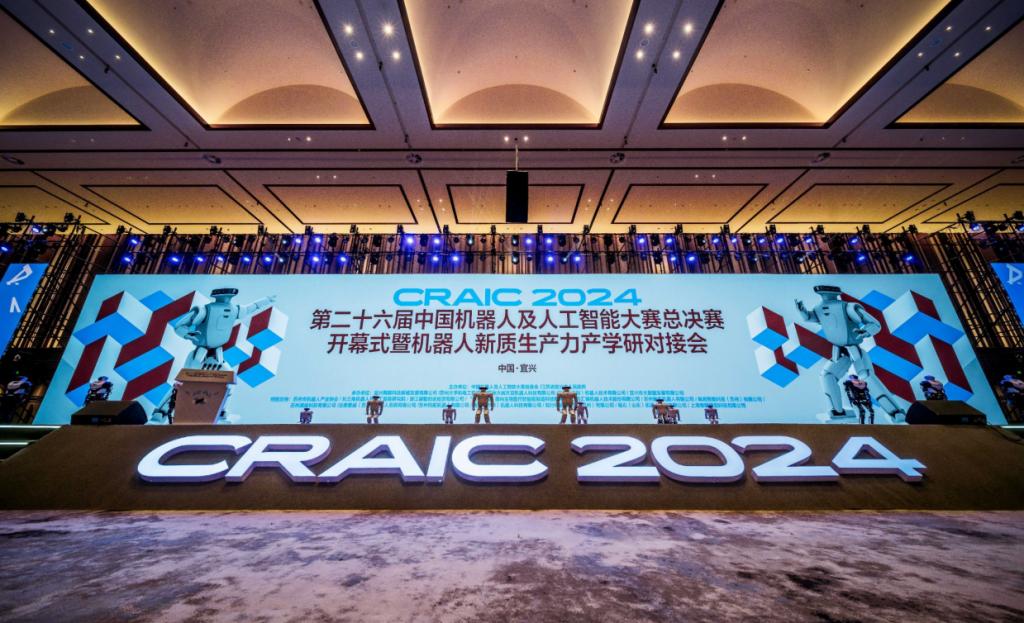
Let’s meet the outstanding award-winning teams:
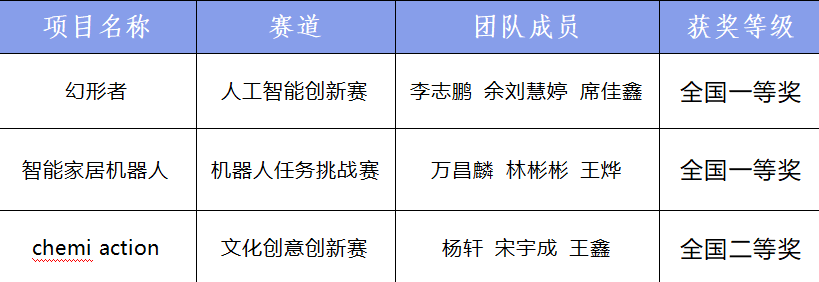
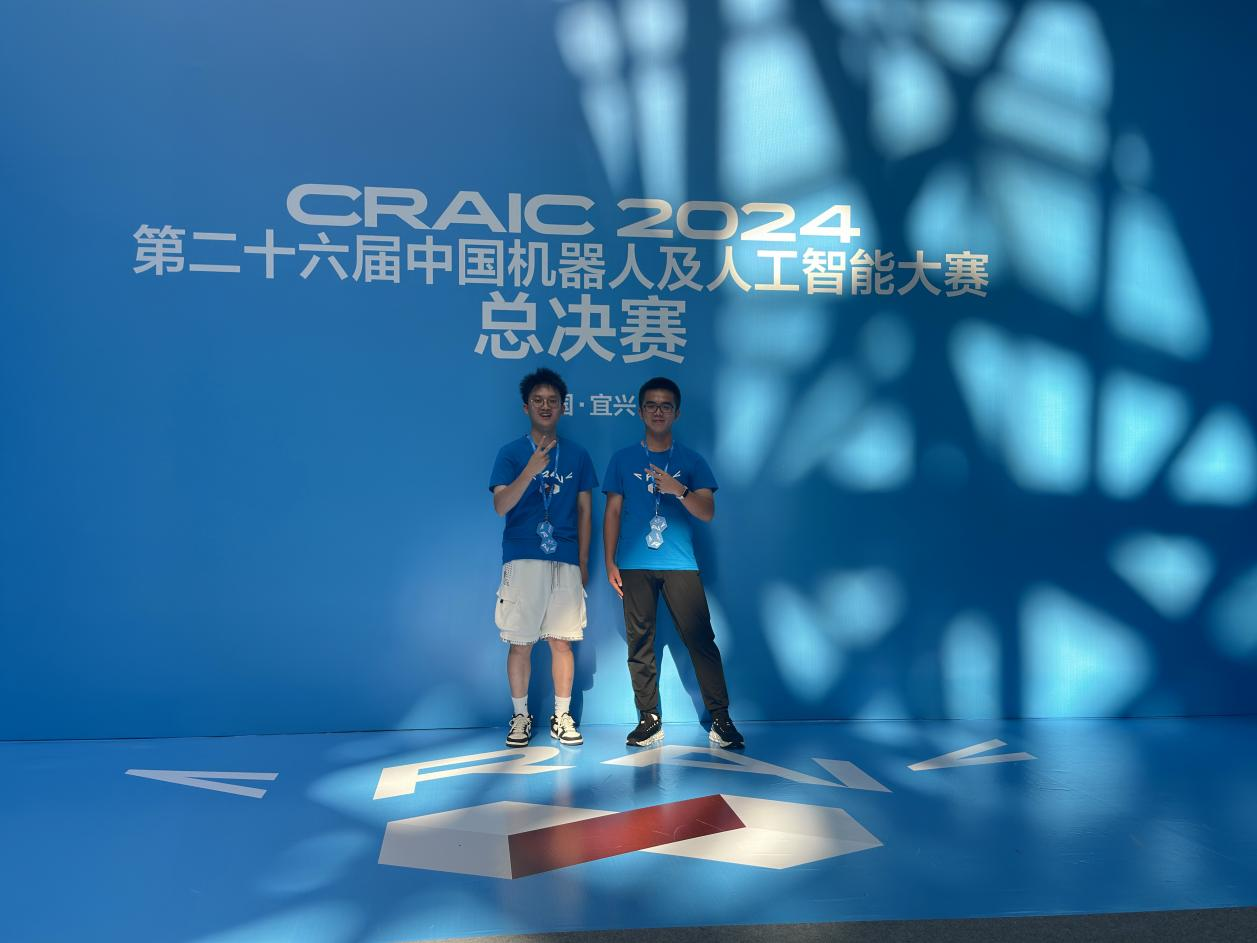
National First Prizes
MorphShaper
Advisors: Wu Tao, Cao Hua
Team Members: Li Zhipeng, Yu Liuhuiting, Xi Jiaxin
Project Description:
In the field of role-playing games (RPGs), traditional methods of creating 3D characters often require adjusting hundreds of complex parameters, making the process time-consuming and technically demanding. MorphShaper offers an efficient, intuitive, and flexible solution by integrating the CLIP model, Generator G, and a unified parameter representation module. This tool allows users to quickly and accurately create and edit high-quality 3D facial models through text descriptions. It significantly accelerates the character generation process and enables secondary editing of generated characters using simple, intuitive text prompts, making modifications both flexible and precise.
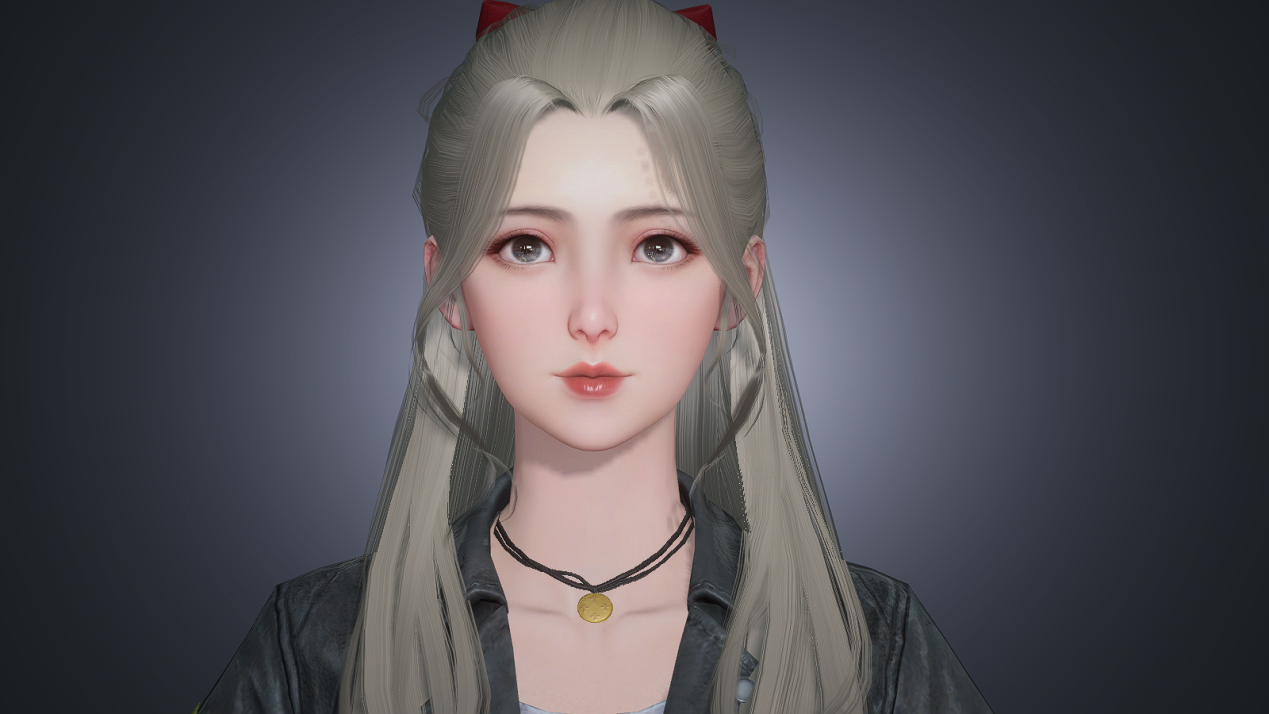
Smart Home Robot
Advisors: Cheng Pei, Wu Tao
Team Members: Wan Changlin, Lin Binbin, Wang Ye
Project Description:
Leveraging the powerful cross-device collaboration and efficient software-hardware integration capabilities of the open-source HarmonyOS platform, the team optimized the robot’s tracking algorithm, greatly improving its speed and accuracy in reaching designated locations. By fine-tuning the servo parameters of the robot’s joints and configuring multiple action frames, the robot can perform complex actions—such as opening windows and picking up objects—quickly and steadily. Additionally, the team enhanced the robot’s motion, voice, and visual recognition modules to ensure seamless coordination among them, enabling the robot to perform multiple tasks smoothly while maintaining overall system reliability and performance.
National Second Prize
Chemi-Action
Advisors: Wu Tao, Xiong Shuo
Team Members: Yang Xuan, Song Yucheng, Wang Xin
Project Description:
Chemical engine systems are widely applied in modern games to enrich interactivity and gameplay. However, there is no standardized definition for chemical engines. This project aims to establish a clear and accurate definition of chemical engines and develop a functional system based on this definition. Additionally, the team is designing a user-friendly tool for artists, enabling them to expand functionality through a graphical interface rather than modifying code directly.
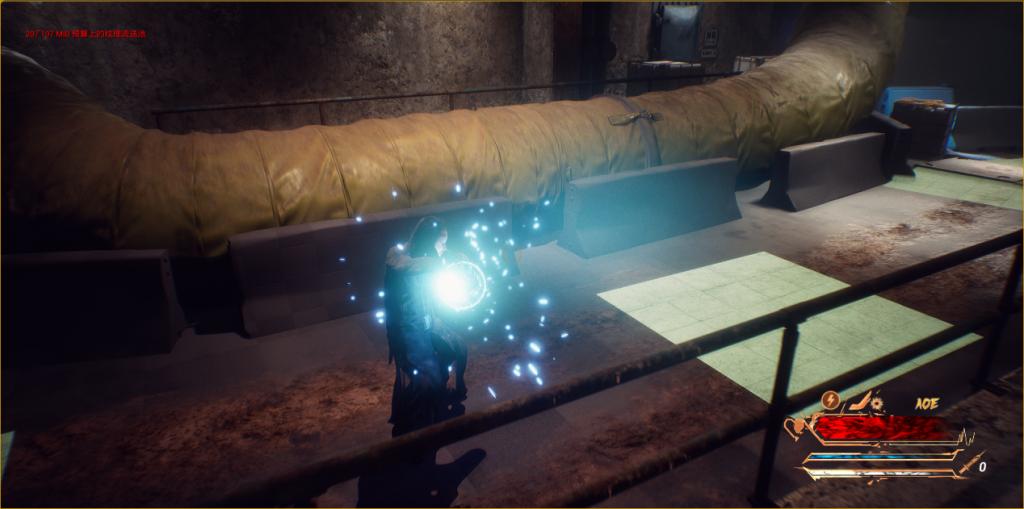
The China Robotics and Artificial Intelligence Competition, organized by the Chinese Association for Artificial Intelligence, is one of the largest, most influential, and highest-level robotics competitions in China. It actively encourages universities and students nationwide to engage in robotics and AI innovation and practice, supporting the development of these industries.This year’s competition attracted 407 teams and over 1,300 participants from 208 universities, including Tsinghua University, Harbin Institute of Technology, Zhejiang University, National University of Defense Technology, Beihang University, Beijing Institute of Technology, Tongji University, and Huazhong University of Science and Technology. Participants competed and exchanged ideas on cutting-edge applications and practices in autonomous driving, robotics, and artificial intelligence, drawing significant media attention across the country.
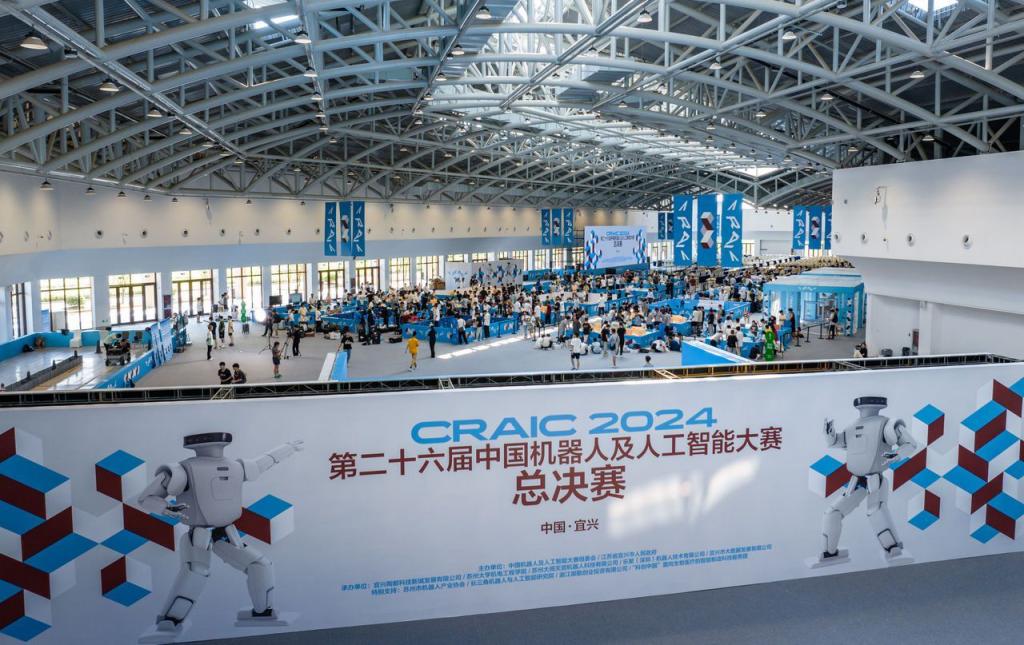
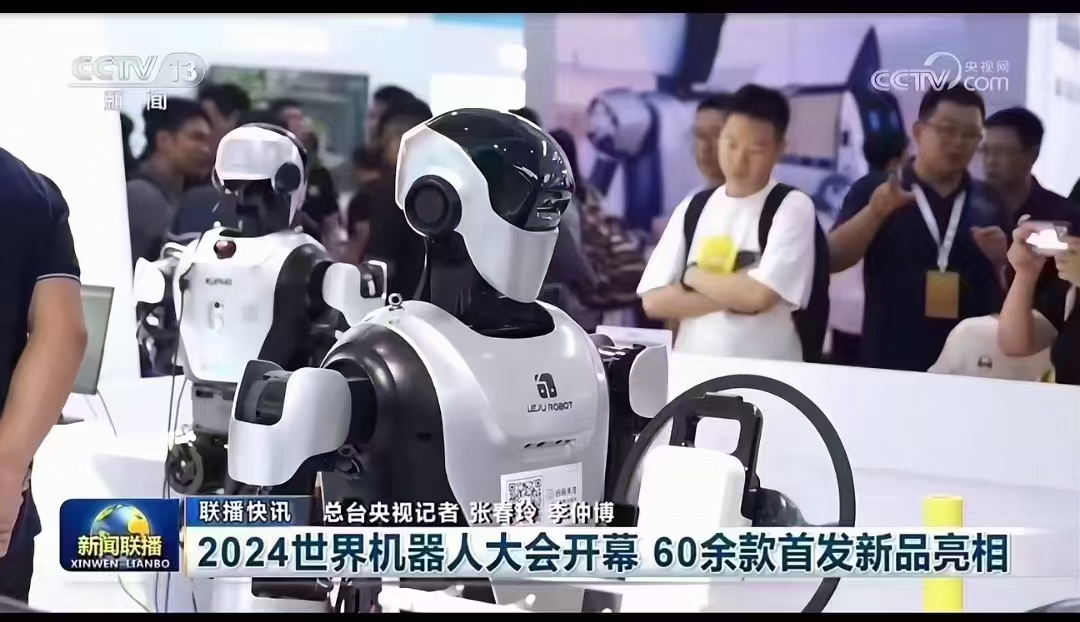
SSE actively encourages, supports, and guides students to participate in professional competitions, emphasizing the cultivation of teamwork and practical innovation skills. The school also ensures effective event organization to enhance student participation and success.
The “SoftTech for Future” student innovation team represents SSE’s academic and technological research community. Guided by outstanding academic and technical mentors, the team comprises graduate and undergraduate students with strong innovative capabilities. They focus on foundational and applied research in key software-related fields. The team operates through four studios—JingShu, InnoStudio, Metis, and Engine United—and welcomes students across the university with interests in artificial intelligence, software development, and algorithm studies to join their ranks.

